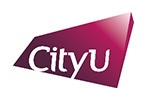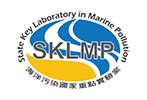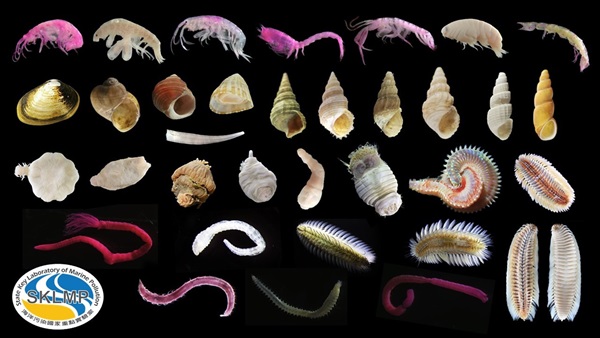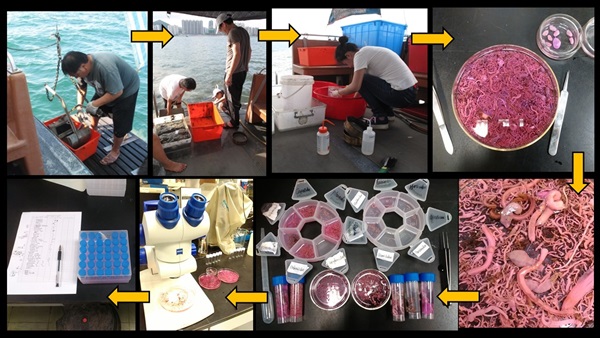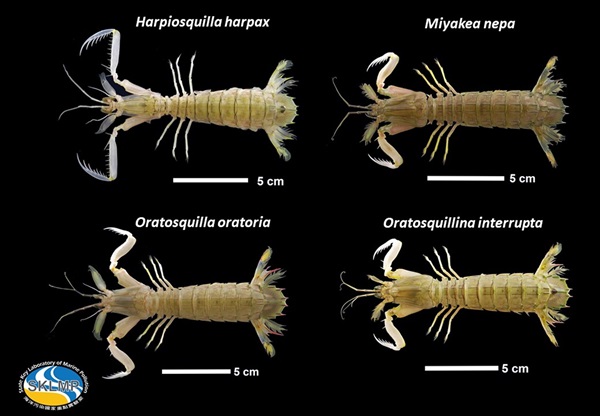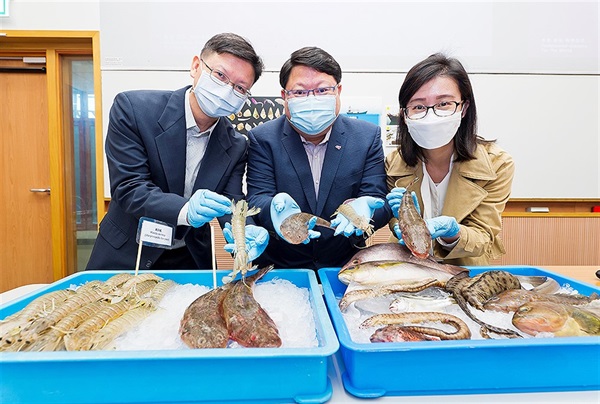Fisheries resources in Hong Kong had been overexploited since the 1970s. Yet, approximately 400 bottom trawlers still operated in our coastal waters, accounting for 80% of the total fishing effort, nearly double the environmentally-sustainable level. These bottom trawlers capture fishes, shrimps and crabs unselectively, irrespective of their commercial or ecological value, and have demonstrably overexploited many stocks. The process of bottom trawling also leads to severe and repeated physical damage to marine benthic ecosystems, with negative effects on biodiversity. To mitigate these impacts, the Hong Kong SAR Government has imposed a territory-wide ban on bottom trawling from 31 December 2012; this is intended to allow recovery of the seabed and associated marine resources.
Our project team tested the overarching hypothesis that the trawl ban would result in the recovery of HK's benthic marine ecosystems and associated fisheries. The research team collected sediment samples with five replicates from each of 28 locations in Hong Kong waters in June 2012 (prior to the trawl ban) and two and a half years after the trawl ban, and then examined for physicochemical properties and macro-benthic animals.
The results revealed significantly lower levels of suspended solids (SUS) in the water column and significantly higher levels of total organic matter (TOM) in the sediments two and a half years after the ban. Compared to the survey conducted in 2012, the average amount of SUS was reduced by 1.36 mg/L (~25%) in the water column while the average amount of TOM increased by 1.6 mg/L (~29%) in surface sediment after the ban, indicating decreased disturbance on marine benthic habitats.
In addition, there were significant increases in abundance and species richness of benthic organisms after the ban. The average number of benthic species found in sediment samples increased from 27.5 to 48.3 species (~176%). In each 0.5 m2 of the sampling area, the average amount of all benthic organisms found in sediment samples increased from 253 to 848 individuals (~335%). Such increases were more prominent in polychaete worms and bivalves.
Parallel studies revealed that fish and crustacean stocks in eastern and western waters in Hong Kong had recovered after comparing crustacean and fish diversity before (2004 and 2012) and after the trawl ban (2013 to 2016). The results showed that in each square kilometre of the area sampled, the average number of predatory crabs increased from 86 individuals in 2004 to 516 (600%) from 2015 to 2016 in eastern waters, while the number in western waters increased from 157 individuals to 2,101 (~1,338%) individuals. Similarly, the number and weight of all fishes in total or all predatory fishes increased in eastern and western waters after the trawl ban.
Our results are highly encouraging and supportive of the Hong Kong SAR Government's trawl ban policy. Gratifyingly, Hong Kong has provided such a good example of successful management intervention for promoting sustainable fisheries development and marine biodiversity conservation. We hope that other countries, especially those in the tropics, will refer to our study and join forces to prohibit destructive trawling activities.
| Principal Investigator | Chair Professor Kenneth Mei Yee LEUNG |
|---|---|
| Affiliation | City University of Hong Kong |
| Co-investigators | Professor CHU Ka Hou, Professor David DUDGEON, Professor Paul K.S. LAM, Professor LI Wai Keung, Professor LI Xiang-dong, Professor QIU Jianwen, Professor Yvonne SADOVY, Professor Gray A. WILLIAMS, Professor William CHEUNG, Professor Eddy Yongping ZENG |
| Period | 2013–2016 |
| Funding Source | Collaborative Research Fund from the Research Grants Council |
Information Source: Professor Kenneth LEUNG
